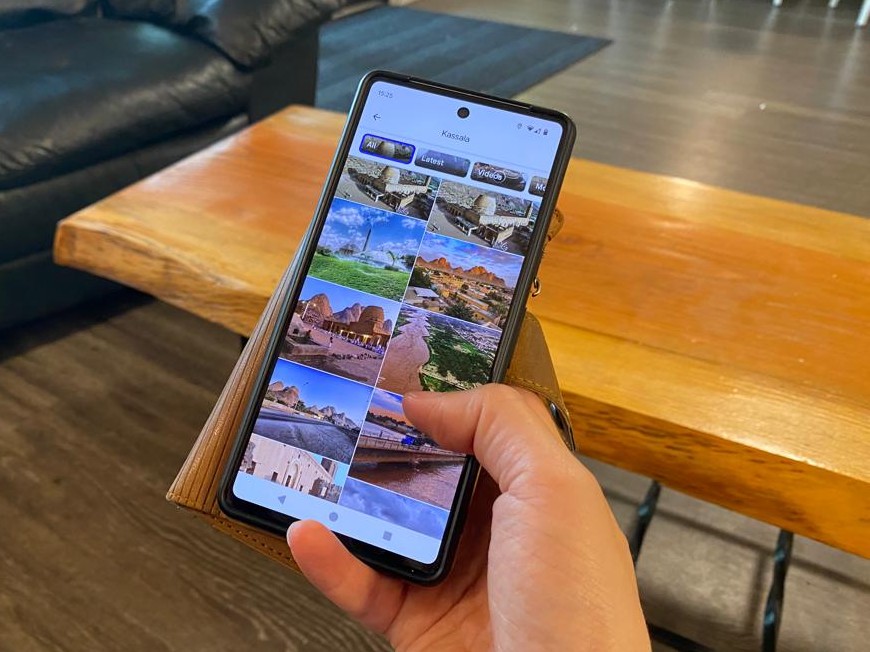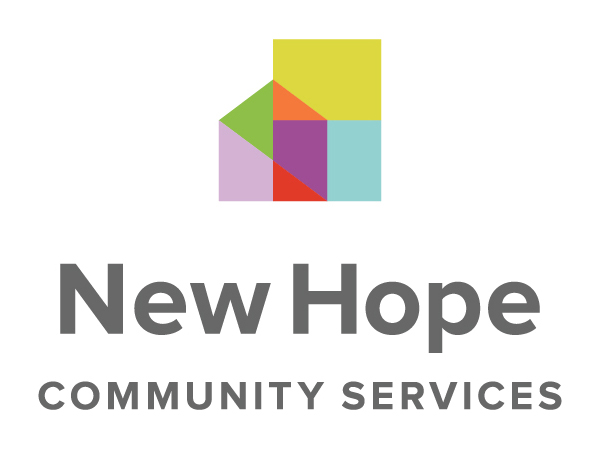
03 Oct How to Have a Conversation without a Mutual Language: Tips from my Cellphone
At New Hope’s community dinners, I often watch our visitors sit down next to our residents, eager to start a conversation. But for some, initial questions are met with blank stares, clearly showing that their conversation partner is not comfortable in English yet. There might be a few more awkward attempts, then a polite goodbye.
I always want to tell people – Don’t give up! Pull out your phone! There are many ways to communicate without language! Try these 5 phone apps next time your conversation feels stuck:
1. Google Maps – Travel to someone’s hometown
This is my number one pro-tip. After you find out what country someone is from, you can pull out google maps and find their city. If you click on their city and scroll down together, Google maps will take you on a photo journey of that city! I love watching people’s eyes light up when they see familiar mountains, landmarks, and buildings. Even with minimal language, memories and stories from these places are shared. I’ll never forget the awestruck look in my friend’s eyes when Google showed us her favourite local market in her Congolese village.
2. Image search – Storytelling through photos
Now that you have some context of the city, think of all the other things you can search! “Somali dessert”, “Burmese traditional dress”, “Colombian beaches”, “Mexican street food.” Anything to spark that moment of familiarity and storytelling.
3. Photos – Share pieces of your own life
Since conversation is always an endeavor of mutuality, I try to share photos about my own life too – photos of my family, my favorite parks in BC, a photo of what my kids did last weekend.
4. Google Translate – The magical voice box
If you haven’t downloaded Google translate yet, download it and try it out before you visit New Hope! In “conversation mode” the app picks up the sentences you say out loud and translates them like magic! The app is well developed for languages like Arabic and Spanish, while other languages have more limited functions. Remember to use grammatically simple sentences and avoid idioms.
5. Youtube – A deeper dive
When I have more time to sit down with a family, I tend to use Youtube more. While residents might only be able to share limited pieces of the complex conflicts in their nations, the Internet can teach me a lot. I’ve watched entire video documentaries about Ethiopian migrants crossing deserts, UNHCR rescue missions out of Libyan detention centers, and the lives of Afghan translators for the Canadian army. Of course, this kind of video content requires sensitivity, and it might be more appropriate to watch on your own.
Next time you encounter a language barrier – whether it’s at a community dinner, or at the school playground or church foyer – I hope that you’ll try pulling out your cellphone and see if you can connect without a shared language!



No Comments